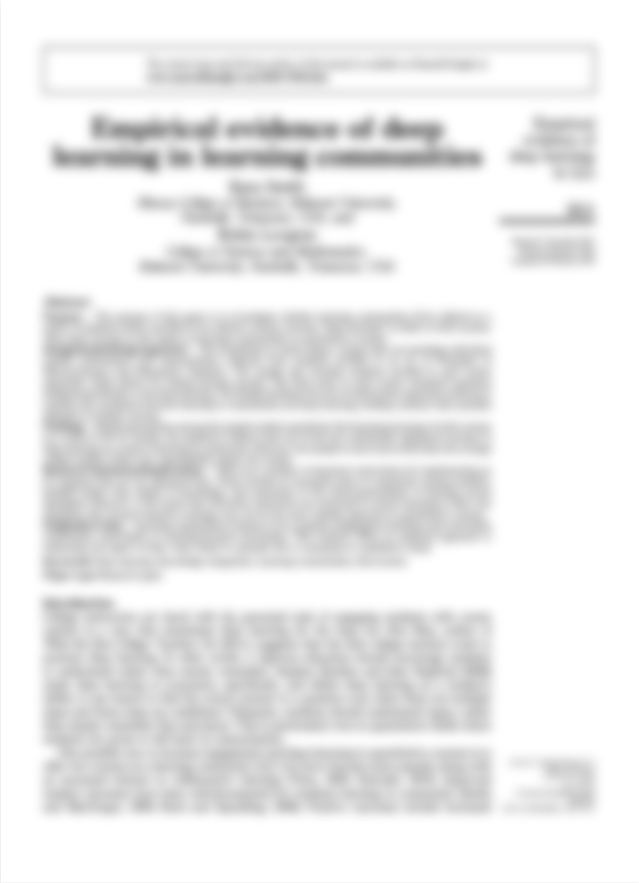Filmmaker bets The House at Vancouver Asian Film Festival; Wall Street investment banker and ghosts mix in Desiree Lim's latest
With Cheryl Rossi.
Vancouver Courier; Vancouver, B.C.. 02 Nov 2011: 24.
You might have access to the full article...
Try and log in through your library or institution to see if they have access to the full text.






